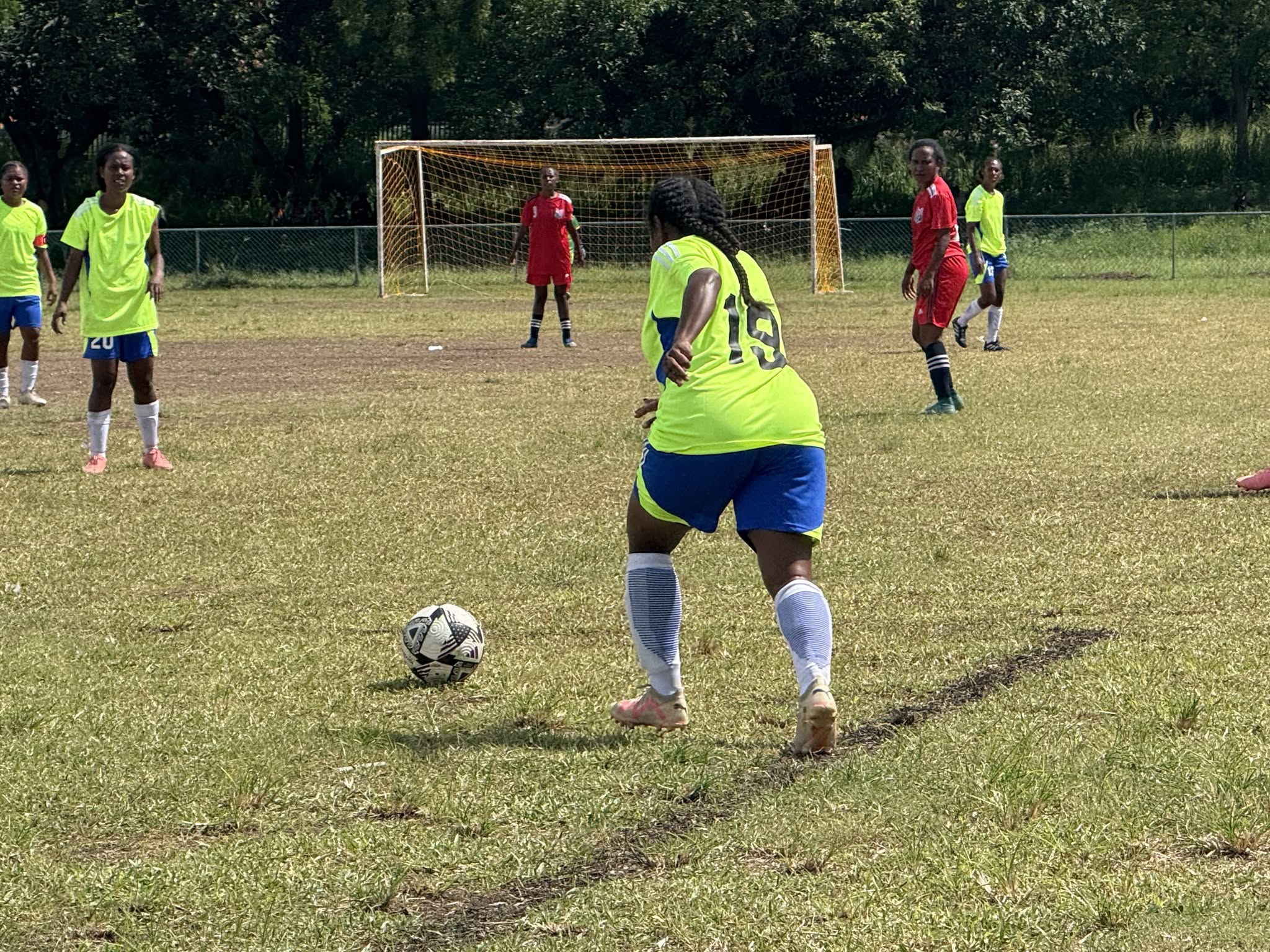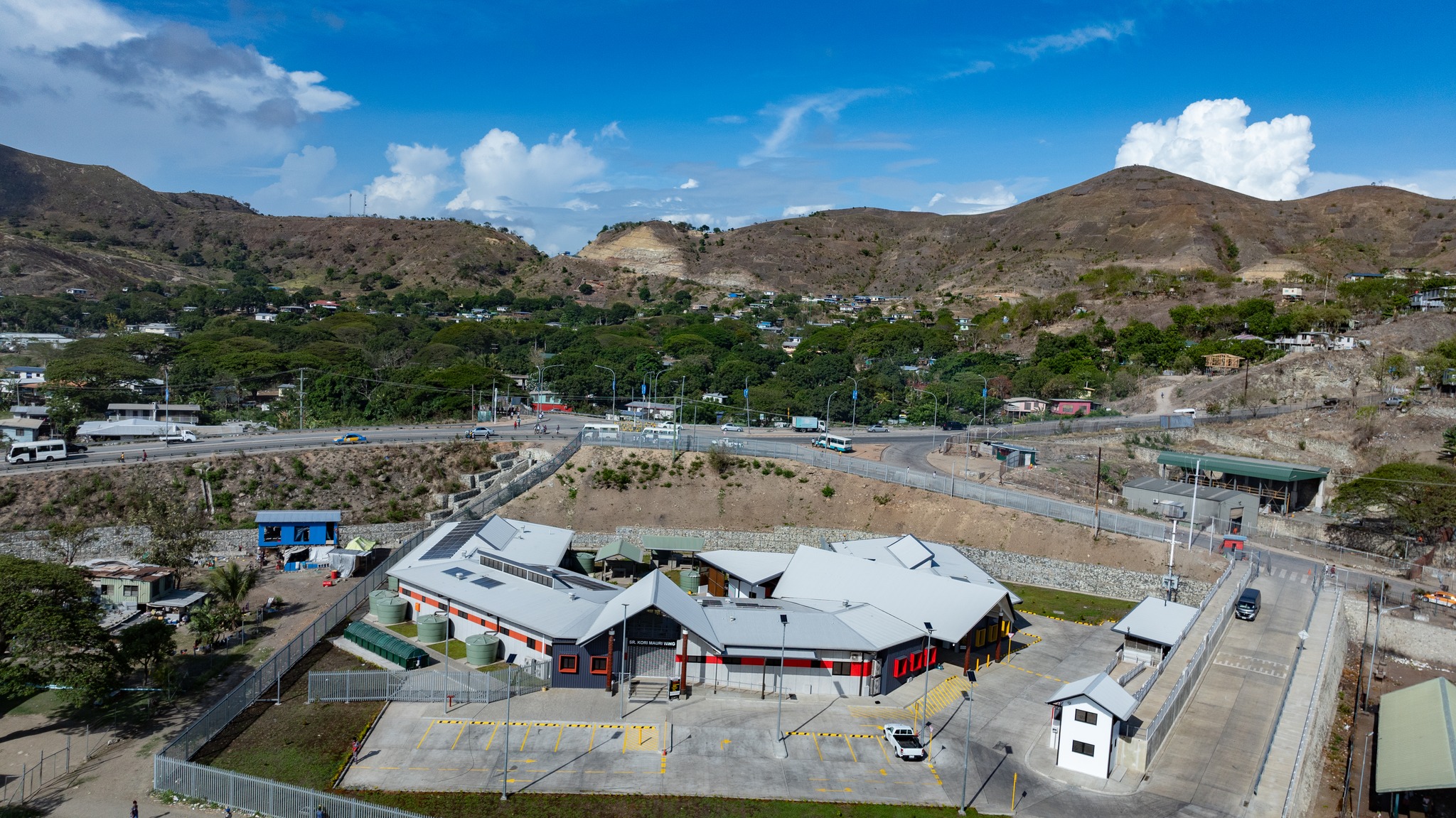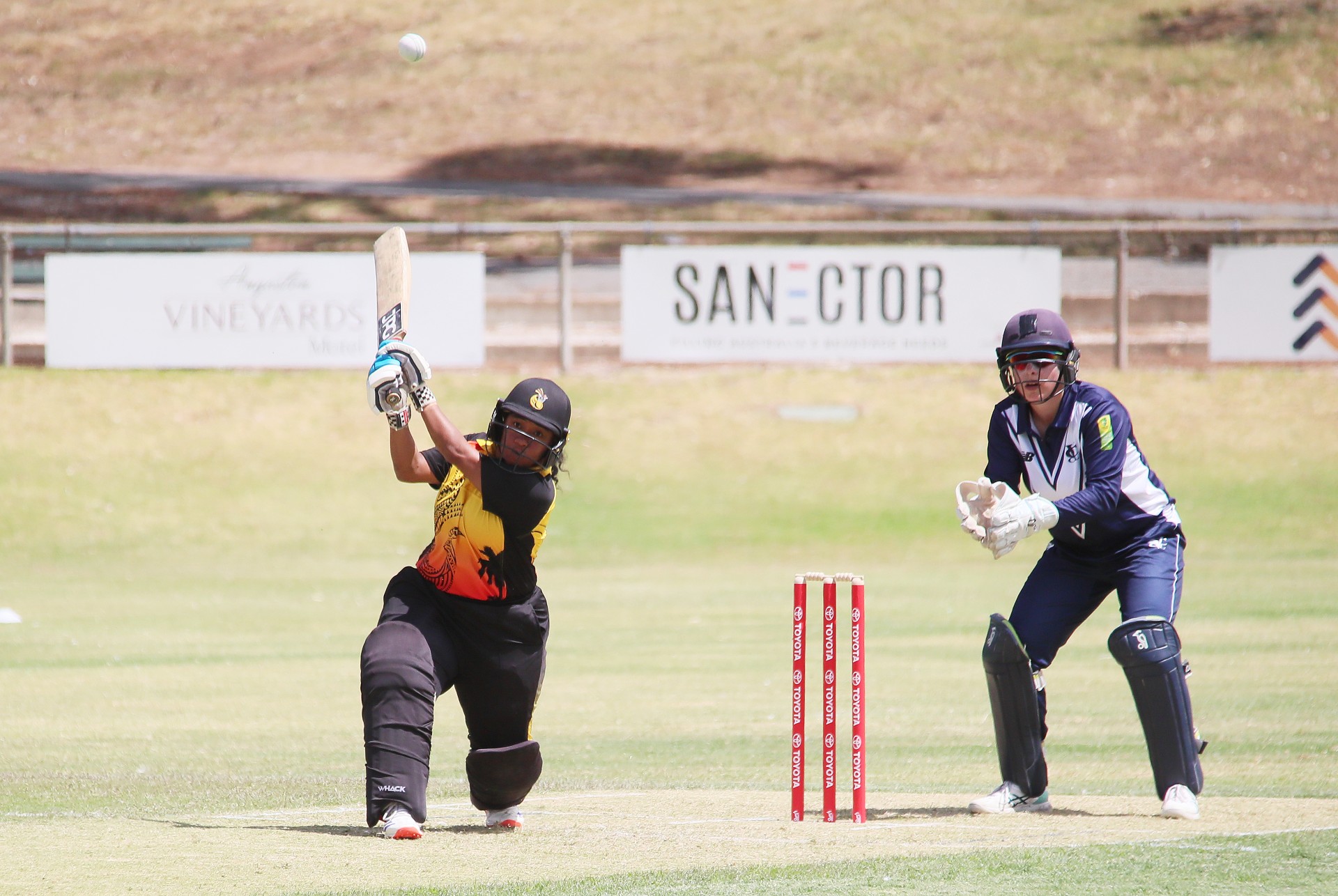NEWS
PSDI LAUNCH "WOMEN IN BUSINESS LEADERSHIP" REPORT
![]() By Paula David |
April 6, 2022
By Paula David |
April 6, 2022

Related News
LATEST NEWS





